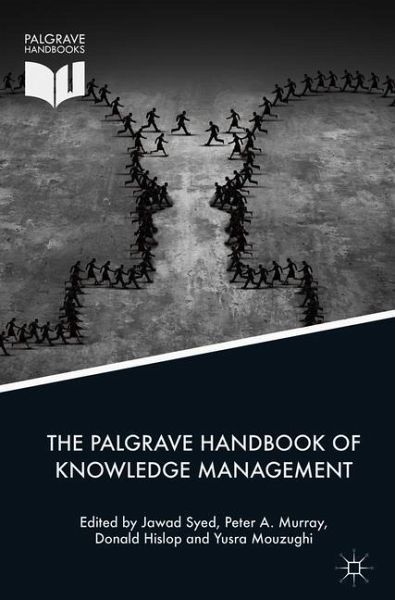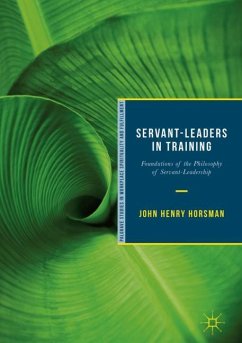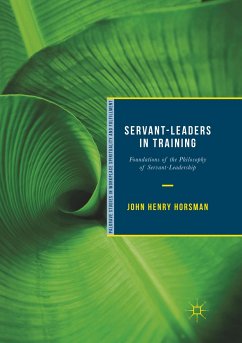
The Palgrave Handbook of Knowledge Management

PAYBACK Punkte
84 °P sammeln!
This international Handbook provides a comprehensive overview of key topics, debates and issues within the now well-established field of Knowledge Management (KM). With contributions from a range of highly-skilled authors, diverse and multi-disciplinary approaches towards KM are explored in this fantastic new reference work. Topics covered include performance, ethics, sustainability and cross-cultural management, making this an equally important read to academics and practitioners working in areas such as technology, education and engineering. By analysing how the field of KM has developed ove...
This international Handbook provides a comprehensive overview of key topics, debates and issues within the now well-established field of Knowledge Management (KM). With contributions from a range of highly-skilled authors, diverse and multi-disciplinary approaches towards KM are explored in this fantastic new reference work. Topics covered include performance, ethics, sustainability and cross-cultural management, making this an equally important read to academics and practitioners working in areas such as technology, education and engineering. By analysing how the field of KM has developed over the years, as well as presenting new methods to be implemented in the workplace, this Handbook outlines a research agenda for the future of organisational learning and innovation.














